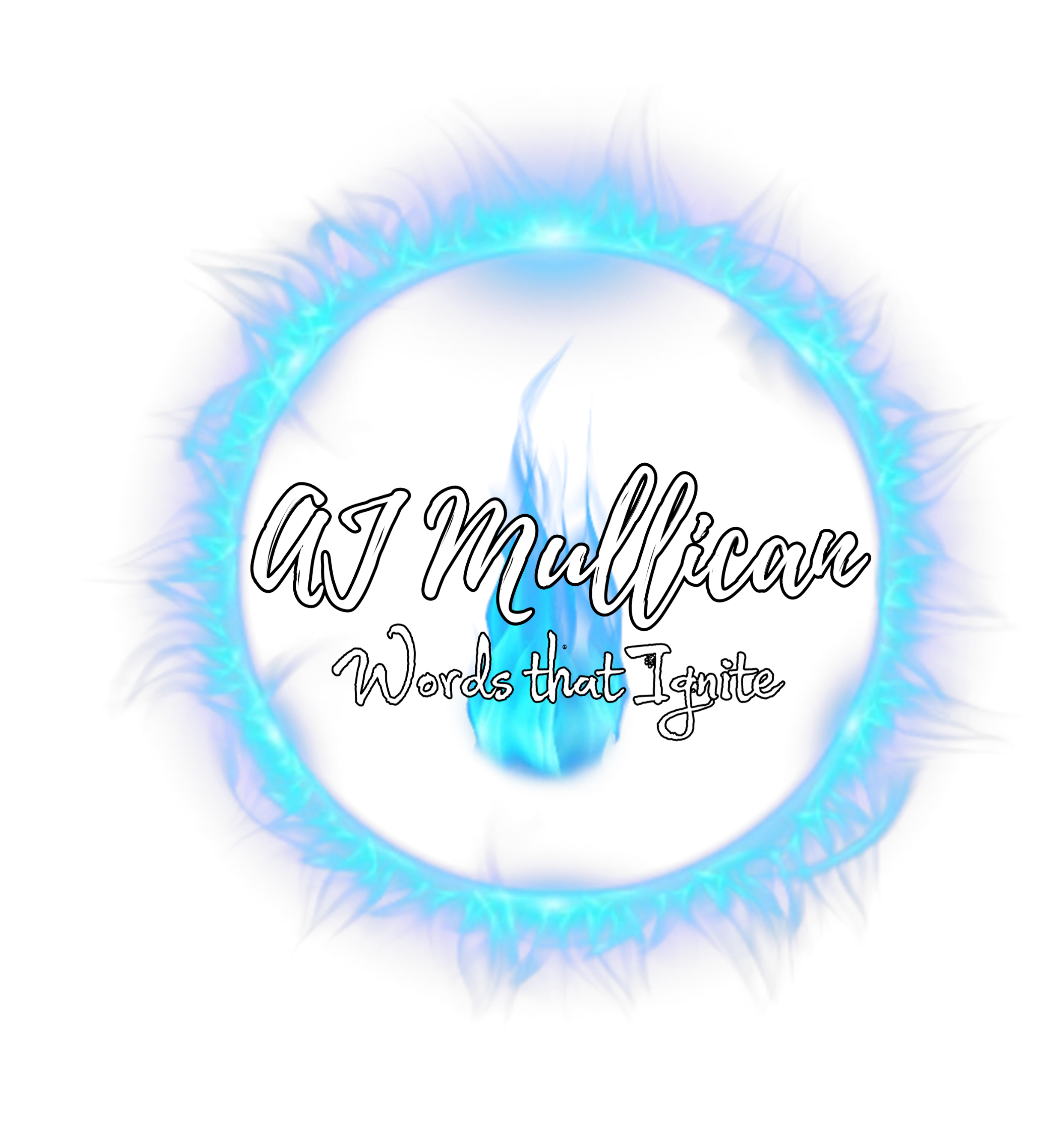Since becoming more active on Twitter last year, I noticed something: people in fandoms (fans who are fanatics in the truest sense of the word) seem to identify themselves by their fandom. There are countless usernames and Twitter handles referencing various fandoms, Supernatural fans often have a username that includes the show title, theme song, or cast, Doctor Who fans have usernames dedicated to the show or referring to quotes or moments from their favorite episode. It makes me wonder…at what point does the fan lose himself/herself in the fandom? When does one’s love of a TV show, book, movie, or musician become part of their basic identity?
When I started on Twitter, I had no need for a fancy username or handle. I just used my first and middle initial and my last name. Simple, and more importantly, wholly me. Sure, I may have a profile photo that indicates my love of Doctor Who, Star Wars, Star Trek, or any other geeky thing, but that’s just a part of me. I’m also an author, a painter, a sculptor, a poet, a journalist….How can one fandom convey all of that?
Sure, my name alone doesn’t indicate much about me, but it’s me. I mold my name to become me through my tweets, favorites, and retweets. I tweet about TV shows that I like, about things I’m doing throughout my day, about the spectacular and the mundane. I put me into every 140 characters. Sometimes it’s fandom-related–more often it’s not. So what makes someone decide to dedicate an entire profile to their favorite entertainment?
There’s fanfiction. There’s head canon. There’s fan art, fan groups…legions of fans. Rabid, hungry, relentless fans. And there’s no stopping them.
Fandoms can merge, split, and even war with other fandoms. Ever heard of the battle royale between the Supernatural fandom and the Justin Bieber fandom? Or how about Twihards versus Potterheads? And no fandom mention would be complete without the ultimate trifecta fandom, Superwholock. Confused yet? Don’t worry. Head on down to Twitter, or Tumblr, or even a little bit of Facebook. They’re there, proclaiming their devotion at the top of their, well, keyboards.
Maybe it’s just that the things I’m a fan of don’t always stay the same. I once was a staunch supporter of the X-Men, until their movies became increasingly terrible and the comics changed storylines so often I couldn’t keep up. Do I still love the X-Men that I read in the past? Sure, but I probably won’t be buying new comics or merchandise any time soon, and Blink will probably never be part of any username or email address of mine again. I was a part of the fandom, but I moved on.
Or maybe it’s because I’m a part of so many different fandoms. I can’t very well limit myself to one or another. They’re all a part of me. How do I choose?
So I wonder, why limit who you are to what you’re a fan of? You may love DC comics more than life itself…but is that it? Does WonderWoman4Life have to be who you are? Why can’t you be JaneRDoe or JoeQPublic? Sure, there’s the issue of Internet safety and anonymity–possibly the reason for more fandom-related usernames on Twitter and Tumblr than on Facebook–but what’s so wrong with being you?
Then I wonder: what’s so wrong with loving something so much that it becomes a part of your identity? My coworkers and friends will forever associate me with my love of Doctor Who, even though they themselves might not be fans of the show, so I might as well change my username to HelloSweetie or MelodyPond. Will I love Doctor Who forever? I’m not sure, but it will be a part of who I am until I’m old and grey and can’t remember what it is I like. I’m a Whovian at heart, but I don’t consider myself so ensconced in the world that I have to create fanfic of my favorite characters or change my screen name to “ElevenIsNumberOne.” Does that mean I’m not a “true” fan? Not really.
Now, I’m not knocking fandoms. I’m just trying to understand the mindset. Every individual is so much more than their favorite book or TV show or sports team. Why make your entire social media presence about that one thing? When does being a fan just mean loving something wholeheartedly, and when does it begin to take over your identity?
If I were more scientific-minded and less lazy, I might do a study of sorts. Follow people with “normal” usernames and people with fandom names, compare the postings of the two, try to determine at what point the fandom assimilates the fan. Is it just a phase for most of them, or will there be little old folks in nursing homes who know nothing but the Sherlock episodes that they’ve memorized after countless hours of binge watching?
But I’m not scientific-minded and I’m quite lazy, so the study will remain a pondering for now. I’m just an average Joe with silly questions in my head.

